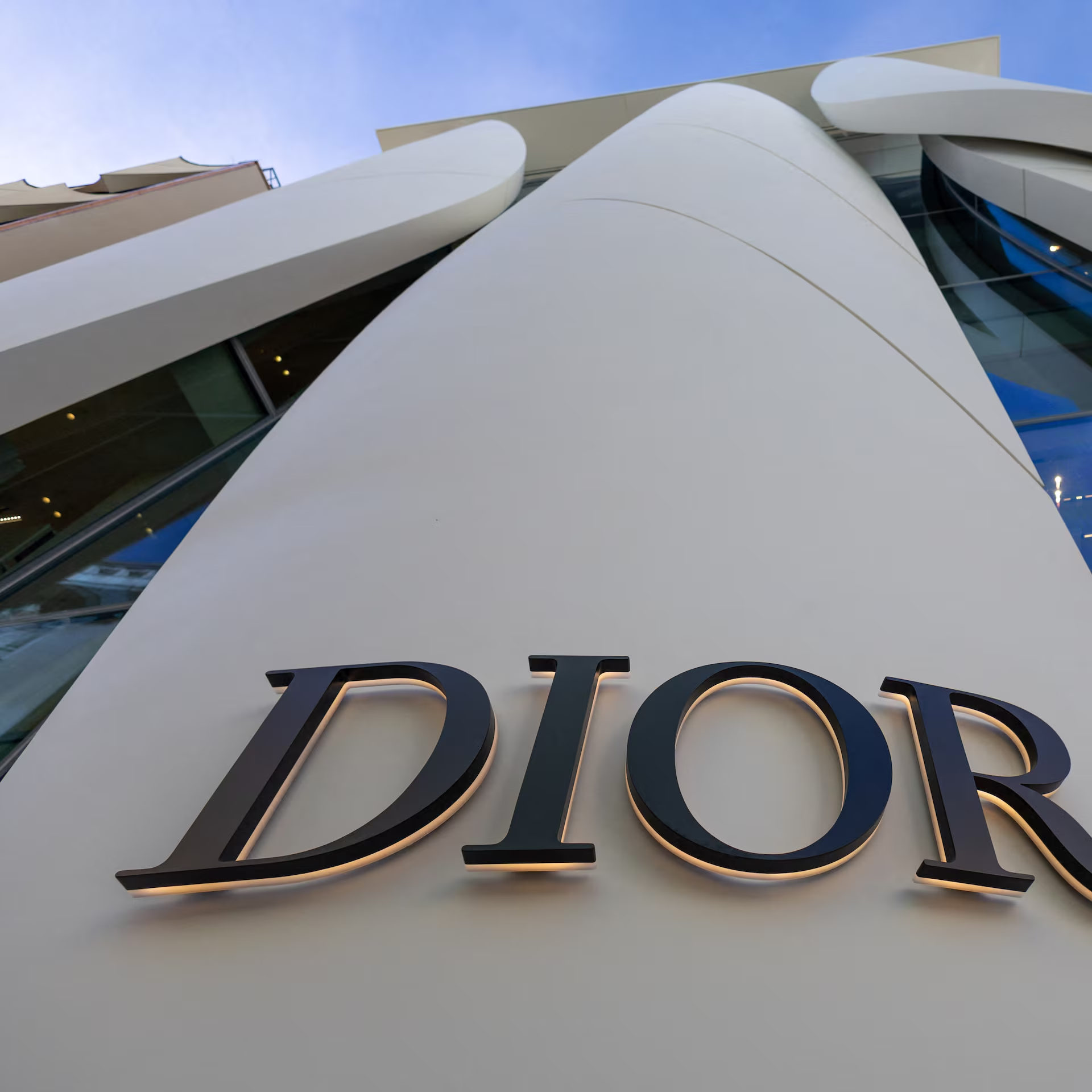In a landmark move that reshapes the global advertising landscape, Omnicom’s $13.5 billion acquisition of Interpublichas been conditionally approved by the U.S. Federal Trade Commission (FTC). The all-stock deal, which combines two of the world’s most prominent ad holding companies, will form the largest media buying agency in the U.S. once finalized.
But the approval doesn’t come without strings attached.
FTC Sets Strict Behavioral Conditions
In a statement released Monday, the FTC outlined a behavioral remedy rather than forcing asset divestitures. The key condition: the newly merged company is barred from participating in any agreement that steers advertising spend based on political content—a move aimed at addressing growing concerns over viewpoint discrimination in digital advertising.
Individual advertisers, however, retain the right to control where their ads appear, allowing them to continue making placement decisions based on their own brand values or audience targeting.
This condition arrives against the backdrop of increased scrutiny over ad influence and media bias, particularly following allegations by high-profile tech figures—like Elon Musk—about coordinated ad boycotts and biased media watchdogs.
Trump-Era Antitrust Enforcement with a Cultural Twist?
FTC Chairman Andrew Ferguson noted that the decision aligns with broader efforts to reform antitrust enforcement. The agency appears to be using merger review not only to address market consolidation but also to tackle political bias in corporate conduct, reflecting recent conservative critiques of corporate behavior.
Ferguson commented that this case was a “rare instance where a behavioral remedy is justified,” citing historical issues with collusion in the media-buying industry and the potential for such behavior to increase post-merger.
What Happens Next?
The settlement will:
- Require annual compliance reporting for five years
- Include a document handover obligation related to political ad placements
- Remain subject to final approval after a public comment period
The deal, first announced in December, now appears to be on track to close in the second half of 2025, pending final regulatory approvals. Both Omnicom and Interpublic have hailed the FTC’s conditional nod as a significant step forward.
Strategic Implications
If successfully completed, the merger will fundamentally shift global media strategy. With increased bargaining power and data control, the new entity could accelerate innovation in audience targeting, cross-platform measurement, and brand safety—so long as it stays within the FTC’s newly drawn political content lines.
365247 Insight:
This case may mark a new era of antitrust enforcement, where deals are not just judged on competition metrics but also on cultural and political influence—setting a precedent that could impact future media and tech mergers.
Subscribe to 365247 Business for weekly insights into advertising, regulation, and the corporate battles shaping tomorrow’s media.
IMAGE: Omnicon


